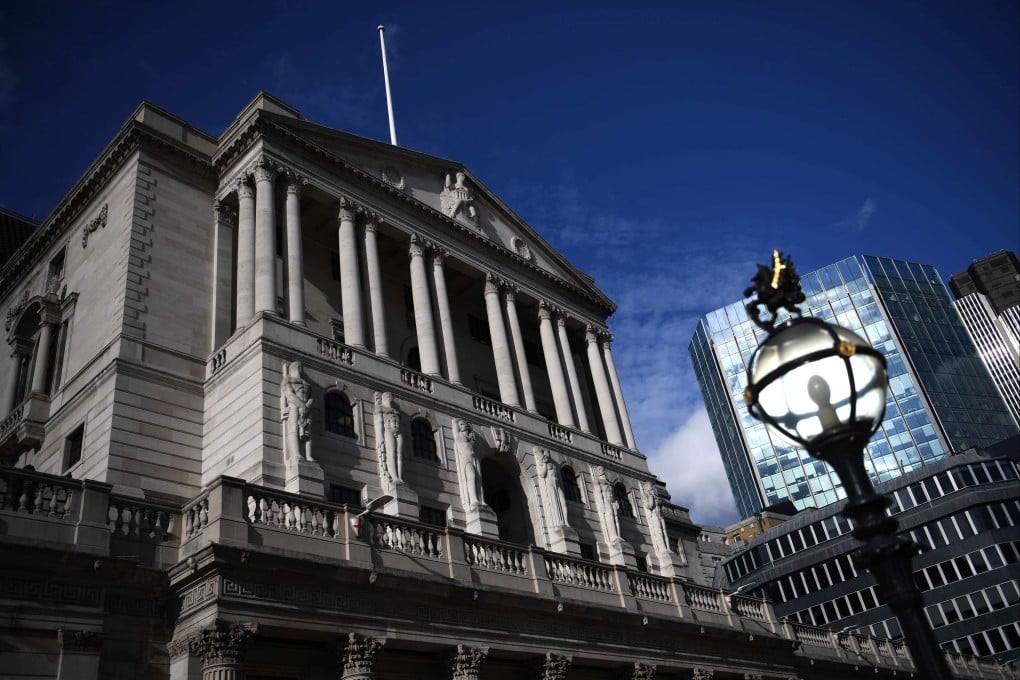The View | Future of money lies with central banks, not Big Tech or cryptocurrency
- Banks will remain as vital as ever in the digital age as they provide the trust needed to hold our monetary system together
- Able to evolve over time, they provide a stable foundation on which private financial services can build and digital innovation can thrive

In Faust, Johann Wolfgang von Goethe addresses the Gretchenfrage – a fundamental question of life. For central bankers, the Gretchenfrage has always been: what is the soul of money?
The answer is simpler: the soul of money belongs neither to Big Tech nor to an anonymous ledger. The soul of money is trust. And central banks continue to be the institutions best placed to provide trust in the digital age.
Let me explain. Money is a societal convention. People accept money today in the expectation that everyone else will accept it tomorrow. At its core, trust in the currency holds the monetary system together.
Like the legal system, this trust is a public good. Maintaining it is crucial for the effective functioning of societies. Trust requires sound institutions that can stand the test of time.
Throughout history, independent central banks have emerged as the key institution to provide this trust. Alternatives have often ended badly. It is for good reason that most countries have established central banks with a clear mandate to serve society.
